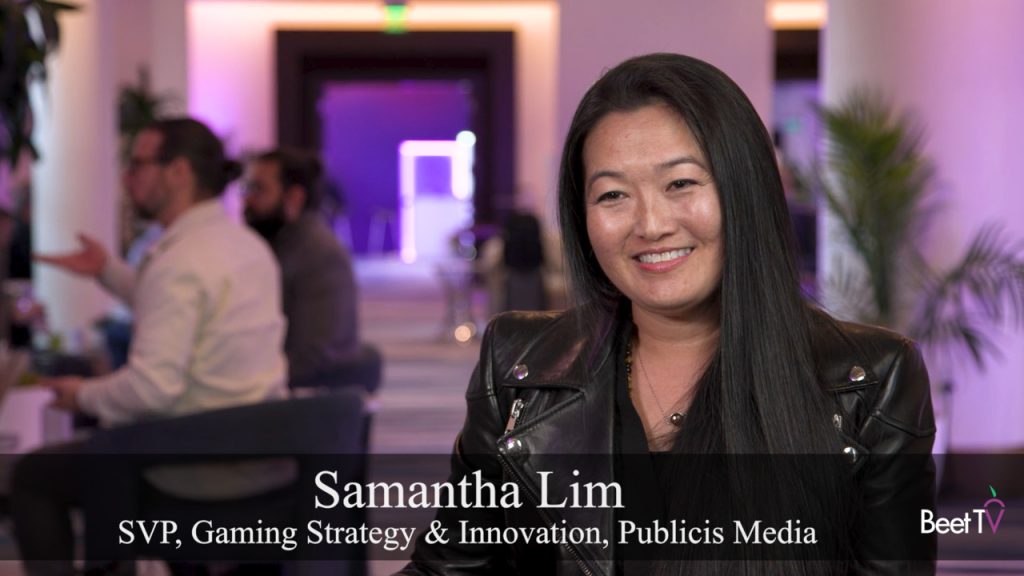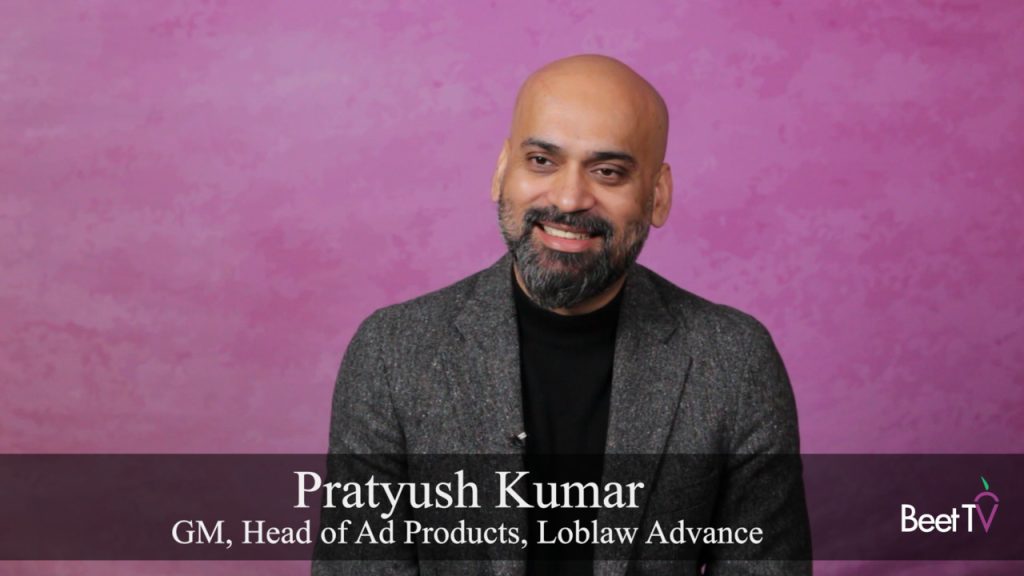Why do some of the best innovations emerge out of college campus hacks?
Once upon a time, Mark Zuckerberg bestowed The Facebook on Harvard, soon joined by four other founders including another Vardian, Andrew McCollum.
By the time Facebook was busy turning cashflow-positive, in 2009, two other Harvard students, Nicholas Krasney and Tuan Ho, were busy re-inventing TV.
As Tivli, the pair devised a way to give the same college a better way to watch TV – using aluminium foil as a makeshift satellite dish to pick up broadcasts which they distributed wirelessly to friends’ laptops.
Later rebranded Philo, the service is now one of several internet TV operators shaking up the traditional cable TV industry’s stranglehold on TV provision.
In this video interview with Beet.TV, McCollum, who became Philo’s CEO in 2014, gives the skinny on his skinny-bundle service.
“Seven-plus years ago, it just wasn’t possible to create a streaming TV service for the mass market,” McCollum says. “College campuses were a way to get there faster … colleges essentially buy TV for their entire campus … we wanted to create a multi-platform streaming TV service before the rest of the market caught up to that concept.”
Fast-forward to 2019, and Philo offers 58 entertainment, lifestyle, knowledge focused networks, available to view over the internet – with both live and on-demand – for $20 a month.
Many of the networks are Philo stakeholders – Discovery, Scripps, Viacom, A+E Networks, AMC, HBO. With direct sign-ups McCollum says take just 10 seconds, Philo could end up being more impactful than just for college students.
“We realized that this set of channels just wasn’t available anywhere else except in very expensive cable packages where most of what you were paying every month went to like sports and broadcasted news content,” he says.
“We realized, if you didn’t care about sports, you were just paying an incredible amount of money every month for content you’re not watching.
“Over half of our subscribers to Philo have no TV service when they sign up so we’re really finding an audience where we can grow the market for television. We’re not simply cannibalizing or share-shifting them from cable.
“A lot of these are people who had decided paid television wasn’t for them and now they are sort of coming back to the fold because we’re giving them something very different.”
This video is part of a series about the emergence of OTT as an advertising platform. For more interviews, please visit this page. This series is presented by Premion.










































